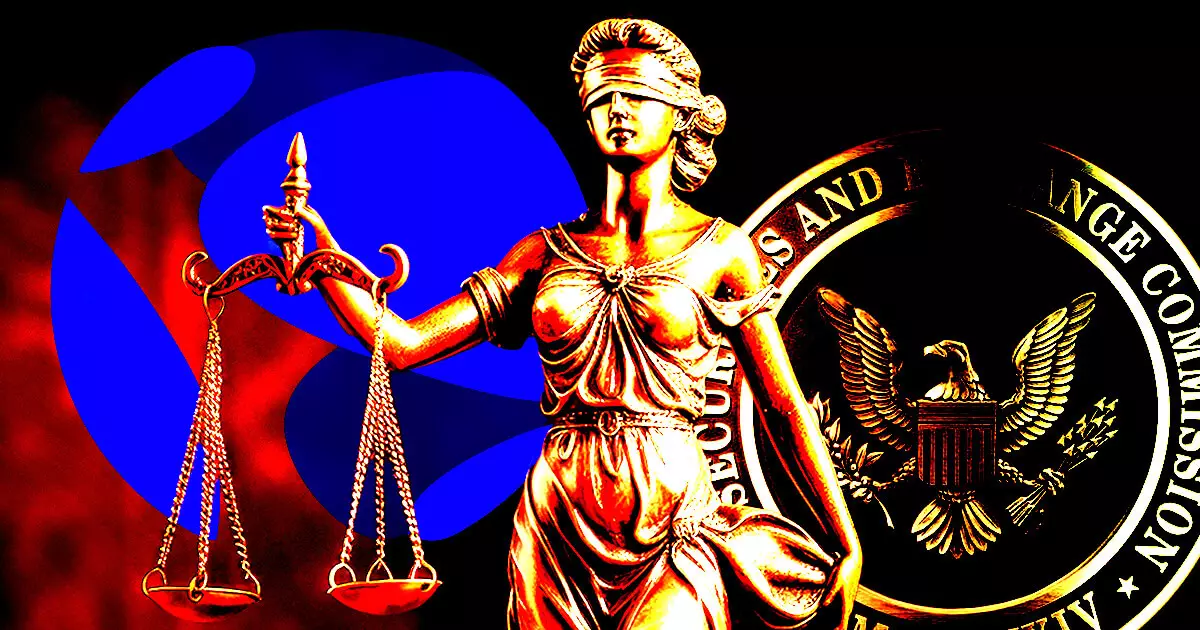In a case initiated by the U.S. Securities and Exchange Commission (SEC), Terraform Labs secured a partial victory on December 28. The case revolves around allegations of offering and effecting transactions in security-based swaps. Judge Jed Rakoff played a crucial role in the proceedings by issuing summary judgments that favored Terraform Labs on some aspects while validating the SEC’s broader allegations on others.
One of the summary judgments issued by Judge Rakoff favored Terraform Labs by declaring that the firm did not offer and effect transactions in security-based swaps. However, he noted that the mAssets offered on the Terra-based Mirror Protocol satisfied most, but not all, of the requirements of security-based swaps. According to the judge, the lack of transfer of financial risk due to the mAsset’s collateralization model played a significant role in this decision. As users bear the risk themselves through adding new collateral as prices increase, the judge found the SEC’s complaint invalid in this regard.
Despite the partial victory, Judge Rakoff issued another summary judgment that validated the SEC’s broader allegations around securities. He ruled that various assets, including Terraform’s UST, LUNA, wLUNA, and MIR tokens, are indeed investment contracts and, therefore, securities. Additionally, the judge concluded that the sales of these securities were unregistered, thus violating the Securities Act.
While rendering the summaries judgments, Judge Rakoff highlighted that the SEC’s request did not mention any potential financial remedies. He emphasized that the determination of such remedies would follow once liability is established through another summary judgment.
Furthermore, the judge acknowledged that fraud claims raised by the SEC must be resolved at trial due to the presence of “genuine disputes of material fact.” The fraud claims primarily revolve around two key matters. Firstly, the SEC alleges that Terraform Labs’ co-founder Do Kwon reached a deal with Jump Crypto to assist UST in recovering its price peg. The SEC claims that Kwon’s public statements about Terra’s algorithm solely causing the recovery were false. The second matter concerns the accusation that Chai Corp., founded by Terraform Labs’ co-founder Daniel Shin, misrepresented its use of the Terra blockchain for processing and settling transactions. The trial for the fraud claims is scheduled for January 29, 2024.
The Terraform Labs case presents a complex legal battle with significant implications for the cryptocurrency industry. Judge Rakoff’s summary judgments reflect a mixed outcome for Terraform Labs, offering clarity on certain aspects while leaving room for further legal proceedings. It is crucial to critically analyze the judgments, understand the reasoning behind each decision, and await the resolution of pending fraud claims. Only through rigorous analysis can the true impact of the case on Terraform Labs and the broader regulatory landscape be grasped.

